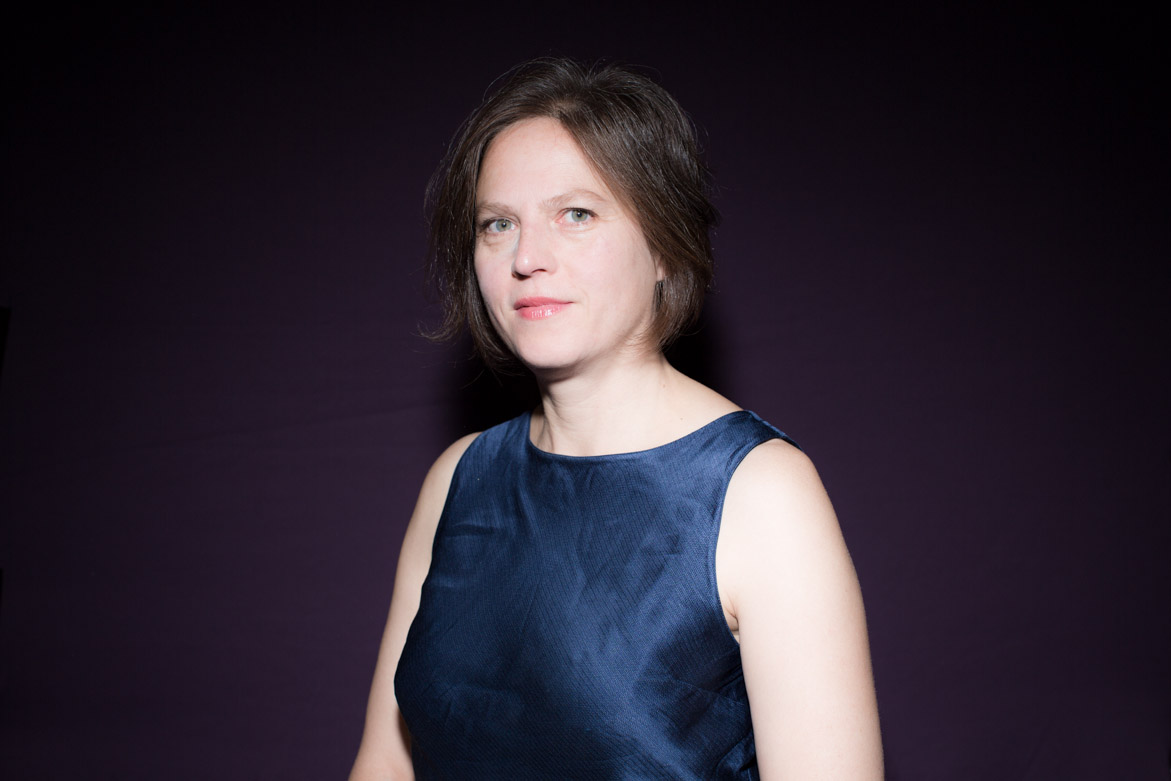France, Germany, Turkey: A New Triangle of Powers

Relations between Germany, France and Turkey have been strictly bilateral for a long time, with varying intensity, styles and areas of cooperation. The European perspective that is now part of these relations has introduced a three-way dynamic.
Turkey's accession talks have stalled, and France and Germany are responsible to a large degree for the problems and delays that have affected the process. The economic crisis in Europe has altered the situation because it makes Turkey a more important player, introducing a form of competition between powers. The political crises in the Middle East, and the significant threats that have arisen from them, have opened the way to a partial reconciliation under the arbitration of the United States. However, the parties need to work together on the basis of their shared values in relation to Europe in order to maximise their individual assets.
This article is the product of cooperation between Cerfa and Ifri's Contemporary Turkey program.
Dorothée Schmid is Head of Ifri's "Contemporary Turkey" program.
This publication is available in french : Allemagne, France, Turquie : la triangulation des puissances
Download the full analysis
This page contains only a summary of our work. If you would like to have access to all the information from our research on the subject, you can download the full version in PDF format.
France, Germany, Turkey: A New Triangle of Powers
Related centers and programs
Discover our other research centers and programsFind out more
Discover all our analyses
Securing critical raw material (CRM) value chains – a prerequisite for Europe’s technological resilience
At the heart of economic security, technological resilience is a backbone of the European Union’s (EU) competitiveness. The EU’s energy and digital transitions depend on critical raw materials (CRM).

Reconciling competitiveness and demographic change: a Franco-German imperative
France and Germany are facing parallel demographic shifts that could reshape the future of their economies and their social models. These shifts reflect broader European patterns but are magnified by the central role both nations play in EU governance and competitiveness.
Taking the Pulse: Does France's Political Crisis Weaken Europe's Geopolitical Hand?
While the EU tries to navigate a myriad international challenges, France is experiencing historic political disarray. What impact will instability in Paris have on Europe's geostrategic capacity?
Imaginary and Reality of the Franco-German border: a Laboratory for Europe of tomorrow
In Europe, the question of borders is a central issue. According to the European Parliament, border regions cover around 40% of the European Union (EU) territory, concentrate 30% of its population and produce nearly a third of its gross domestic product.










